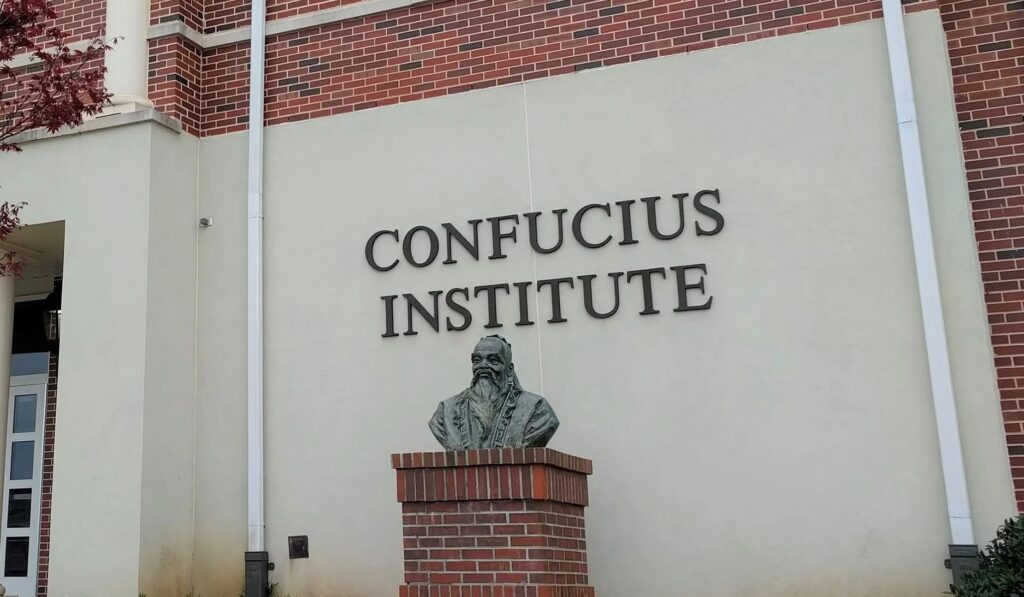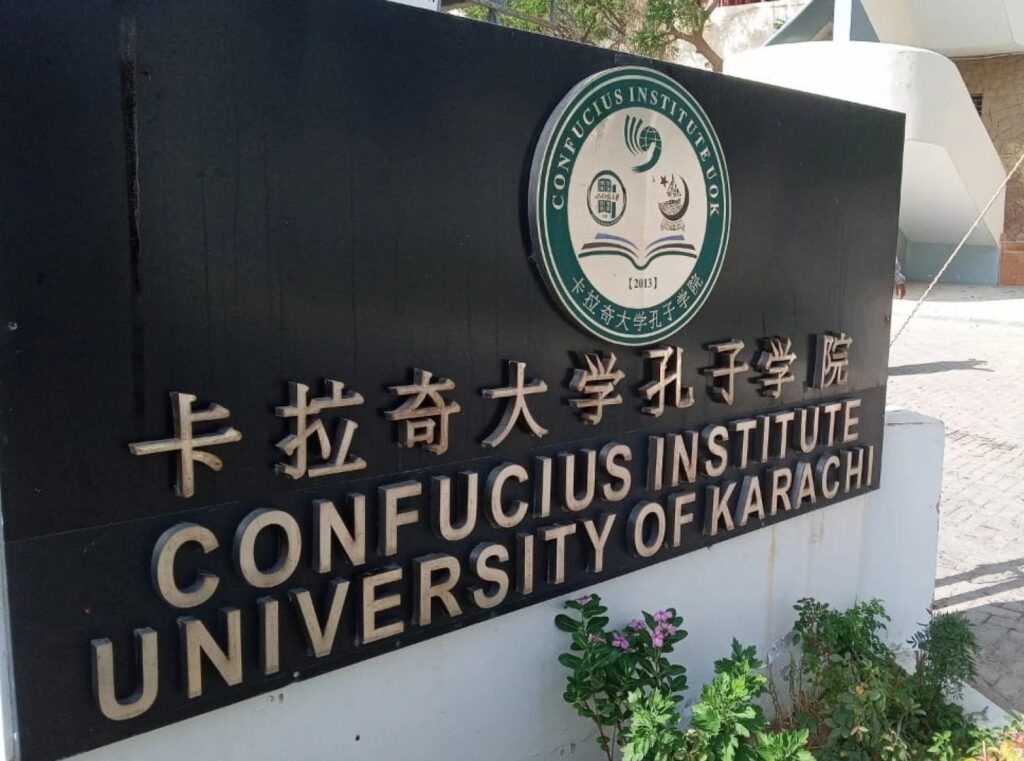
Communist China created the Confucius Institutes (CIs) in 2004. It is China’s National Office for Teaching Chinese as a Foreign Language (NOCFL), also known as Hanban. The Institute’s aim is “establishing non-profit public institutions which aim to promote Chinese language and culture in foreign countries”. They teach Mandarin, finance summer camps in China, support cultural events and grant scholarships to foreign students. The Institute is present in 162 countries with more than 500 institutes worldwide. China plans to open more Confucius Institutes in Latin American and Caribbean countries and has committed to provide 5,000 government scholarships and 3,000 training locations in China over the next three years for the students from these countries. Confucius Institutes have grown faster in countries with which China has established a greater commercial exchange.
Many countries have warned that these institutes are a soft power play by Beijing to gain influence in schools where they operate. Not many are analyzing the benefits which come at the cost of academic freedoms. Others think that China is seeking to create a generation of future leaders who view the world in a way that is more similar to China’s worldview, through close relationships and cultural understanding. It may also explicitly support many of China’s foreign policy aims. Due to the influence of Confucius Institute’s production of content on topics considered sensitive to China, such as political freedom, censorship or the repression of the Uyghur population and Tibet, debt trap diplomacy, land and border issues, international rules-based order, aggression on small and medium countries, arming islands will not be covered in the syllabus of the host institutions.
The United States, Denmark, the Netherlands, Belgium, France, Sweden and many other countries have closed the institutes amid concern over the influence of the Chinese government on host institutions, which receive funding for running the Institute. Australian media had reported that the Chinese Communist Party members have been working in British Consulates, universities and some of the leading companies in the UK.
Concerns for India

In July 2020, India’s Ministry of Education sent a letter to several institutions seeking information about the activities of their Confucius Institutes and Chinese language training centres. India is reviewing the presence of CIs in seven universities, in addition to 54 MoUs on inter-school cooperation involving China, which is not connected to the CI programme. However, China is renaming Hanban as a Center for Language Education and Cooperation, with suggestions that the Confucius Institute brand may even be dropped. The Indian government is considering making it mandatory for Indian educational institutions to obtain prior permission before signing memorandum of understanding (MoUs) with their counterparts from countries sharing land borders with India.
Indian Intelligence agencies had cautioned about the threat posed by the Chinese intelligence in the government. The Intelligence spoke about the threat mainly in the telecommunication, higher education and power sectors. The Intelligence also spoke about the role of the Confucius Institutes acting as an influence. It also spoke about the threat of Chinese mobile applications that could extract data and how malware could be embedded into power equipment. Moreover, CIs have mushroomed in India’s neighbourhood too, with centres operating in Pakistan (seven), Nepal (four), Sri Lanka (four) and Bangladesh (three).
Ji Rong, a spokesperson of the Chinese Embassy was quoted in Delhi as saying that Confucius Institutes had played “an important role in promoting Chinese language teaching in India and China-India people-to-people and cultural exchanges” over the past 10 years. Ji Rong’s words are valuable only if they are reflected in China’s actions. But China has broken India’s trust every time it trusted it. It has created ruckus in its neighbourhood by supporting arch rivals of India with arms and money. It has backed dreaded terrorists wanted by India at the UNSC and has rejected its security concerns. When China is assiduously working on becoming an adversary for India on land, air, water and violating its cyber security and space boundaries, how can India trust China’s claims over CIs and related institutions operating in India?
China must realise that India is not the India of 1962. The India of 2022 under PM Narendra Modi is bound to make the right decisions when it comes to its national interests and answer suitably when it comes to the nation’s security.
(The opinions expressed are author’s own)
M.AM.PhiL/(PhD SNU South Korea)
